 Liane Zane’s Elioud Legacy trilogy, all three books of which I’ve previously reviewed, is supernatural fiction, written by a Roman Catholic author, and premised on the fictional conceit that matings between angelic beings (both fallen and unfallen) and humans have been going on since before the Flood, producing mixed-race offspring who are physically human but have certain heightened physical or even latent supernatural abilities. That trilogy focused on three strong and courageous young women, who when it opened were completely unaware of their angelic genes, and all of whom were both serving in the intelligence services of their various countries, and collaborating with each other on the side in a covert alliance to provide some special protection for the victims of sexual assault and trafficking. The Covert Guardian is the first volume of a projected prequel trilogy, set a few years before the opening of the previously-published one, which will tell the “origin story” of their friendship and alliance. Here, our protagonist is Olivia Markham, the trio’s unofficial ringleader, and we learn how, as a 20-year-old college pre-med student, she unexpectedly came to join the CIA.
Liane Zane’s Elioud Legacy trilogy, all three books of which I’ve previously reviewed, is supernatural fiction, written by a Roman Catholic author, and premised on the fictional conceit that matings between angelic beings (both fallen and unfallen) and humans have been going on since before the Flood, producing mixed-race offspring who are physically human but have certain heightened physical or even latent supernatural abilities. That trilogy focused on three strong and courageous young women, who when it opened were completely unaware of their angelic genes, and all of whom were both serving in the intelligence services of their various countries, and collaborating with each other on the side in a covert alliance to provide some special protection for the victims of sexual assault and trafficking. The Covert Guardian is the first volume of a projected prequel trilogy, set a few years before the opening of the previously-published one, which will tell the “origin story” of their friendship and alliance. Here, our protagonist is Olivia Markham, the trio’s unofficial ringleader, and we learn how, as a 20-year-old college pre-med student, she unexpectedly came to join the CIA.
Unlike the first trilogy, this one really has no supernatural elements. Readers who’ve read the former will suspect, from certain subtle clues, that a couple of secondary characters here may also be Elioud, and will remember the St. Michael medal (a gift from her sensei) that Olivia wears, which feels strangely warm at times; and she has a sort of instinctive sixth sense for approaching danger that her then-boyfriend rather snidely dismisses as her “spidey sense.” But none of this is obviously paranormal nor impossible to explain naturalistically. I’ve classified the book as straight-out, descriptive action-adventure and espionage fiction, and it will definitely appeal to fans of those genres whether they have any liking for supernatural fiction or not.
The previously-published books mentioned, as a painful experience in Olivia’s past, the murder of her cousin Emily when the two girls were 16; they were close, and the tragedy was a formative factor in shaping Olivia’s deep desire to protect the innocent victims of brutality. In the modern U.S., the wheels of the justice system grind very slowly, so the killer’s trial was delayed until the summer before Olivia was to become a junior at Brown Univ. (She’s New England born and bred, living with her family in a suburban town outside Boston.) When our tale opens, soon after testifying, Olivia’s been talked by her boyfriend into joining him in a vacation on Ibiza, a real-life Mediterranean island off the coast of Spain which is a popular tourist destination, as a supposed opportunity to rest and heal from the re-lived traumatic experience. Even at this stage in her life, she’s strong, physically fit and athletic, smart, brave and quick-thinking; and since Emily’s murder, she’s been taking serious martial arts training. (And then there’s that “spidey sense” I mentioned….)
These qualities will stand her in good stead when, just four pages into the narrative, a squad of Islamist terrorists hit the beach, bent on slaughtering the revelers. Fortunately, a CIA counter-terrorist strike force is nearby; but by the time the action is over, Olivia’s displayed enough mettle to get their attention. (As they’ll soon learn, it also doesn’t hurt that she’s fluent in several languages, and qualified for the U.S. Olympic team in archery while still in high school.) Before the summer is over, she’s training at a CIA-run camp in North Carolina, and she feels that she’s found her true calling. And as luck would have it, an attractive female college student might just fit the mission profile for getting close to a wealthy young playboy type suspected of funding global terrorist activities. But chicanery, corruption, and betrayal of the U.S. aren’t necessarily things that only go on outside of the CIA, and our heroine’s path to joining the Company may not be an easy cake-walk.
Although the books of the Elioud Legacy trilogy are all thick, at just 155 pages, this one is more novella length, and a quick read. Like the former books, though, it moves around geographically, in this case to locations on three different continents; and the author’s knowledge of the physical geography of all of these settings is impressive. She’s a skilled wordsmith, seasoned in the novelist’s craft and able to immerse the reader in the story, and there are some surprises up her sleeve. For readers who want danger, tension, and well-depicted action scenes, this yarn definitely delivers. It’s not characterized by profound ethical dilemmas or deep spiritual, philosophical or political content, being more straightforward in those areas (in the context of the espionage genre, Zane is more in the tradition of Manning Coles or Alistair MacLean than, say, John LeCarre’), but I don’t view this as is any sense a fault, nor will most genre fans. What readers –genre fans or not– do want in fiction, more than action and danger, is the human element, a central character(s) we can like and feel invested in enough to care about the action and danger in the first place. That test is amply met here. Olivia is a winsome, dynamic protagonist whom we get to know and appreciate, and this is a character-driven tale of her growth and maturation in various ways in the crucible of a testing ordeal.
As I’ve said before in reviewing this author’s work, it’s fiction written by a Christian, rather than the kind of commercially “Christian fiction” the book trade markets as such. Olivia’s a basically kind and ethical-minded person, and cares about right and wrong as she understands them; but by her own statement, here she’s still “not really a believer.” Bad language is a hair more prominent here than in the first trilogy, though it’s actually more prominent in the first few pages here than it is in most of the book. College-age Olivia herself is capable, when she’s angry, of thinking or saying some pretty bad words, including obscenity (in a couple of languages). And though there’s no explicit sex, we know that an unmarried sexual encounter takes place at one point. The author makes us completely understand the psychology behind it; it’s a case of allowing the character to be who she realistically is, and possibly to grow through all of her decisions, both the good and the misguided ones, into the person she’s finally becoming. (That’s what good authors do.)
Finally, a worthwhile question might be, does a reader need to have read the Elioud Lagacy books before reading this one? My answer would be no; having read those books will allow you to better appreciate some adumbrations of the future you can see here, but it’s not essential, and no knowledge of them is presupposed here. You could begin with this book as an appetizer for the corpus as a whole.
Author: Liane Zane
Publisher: Zephon Romance; available through Amazon, both for Kindle and as a printed book.
A version of this review previously appeared on Goodreads.
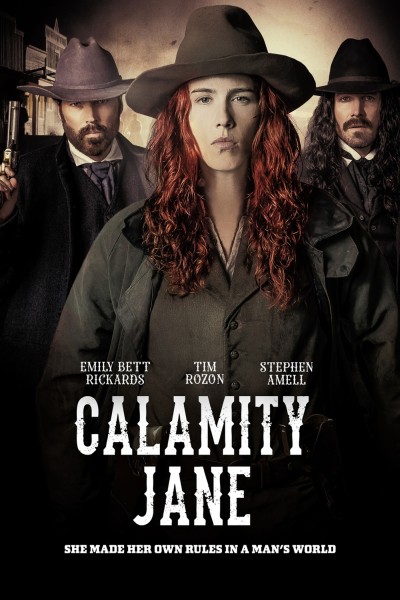 Calamity Jane and Wild Bill Hickok are two of the most well-known names in the culture of the Wild West, though the reality of both individuals is almost impossible to separate from the myths which surround them. So it’s kinda pointless to complain about historical accuracy in films which focus on them. Better just accept them as effectively being fictional entities, which can be used for whatever purpose a filmmaker desires. Here, it’s the death of Wild Bill (Stephen Amell, best known as TV’s Arrow) in a poker game, which sets his girlfriend Jane (Rickards, also from the same series) off. She goes on the trail of Jack McCall (Allon), the scumbag responsible, who has understandably opted to depart Deadwood.
Calamity Jane and Wild Bill Hickok are two of the most well-known names in the culture of the Wild West, though the reality of both individuals is almost impossible to separate from the myths which surround them. So it’s kinda pointless to complain about historical accuracy in films which focus on them. Better just accept them as effectively being fictional entities, which can be used for whatever purpose a filmmaker desires. Here, it’s the death of Wild Bill (Stephen Amell, best known as TV’s Arrow) in a poker game, which sets his girlfriend Jane (Rickards, also from the same series) off. She goes on the trail of Jack McCall (Allon), the scumbag responsible, who has understandably opted to depart Deadwood. 




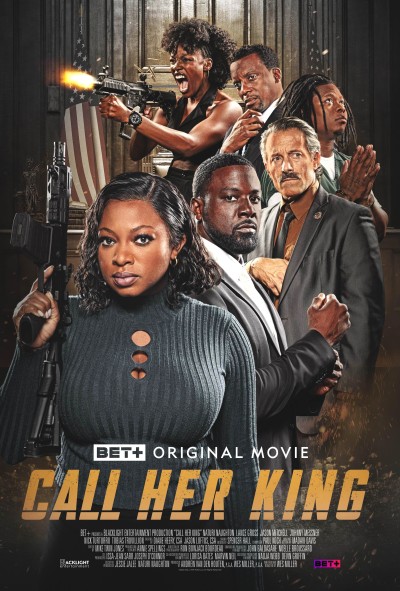 After the impressive surprise which was
After the impressive surprise which was 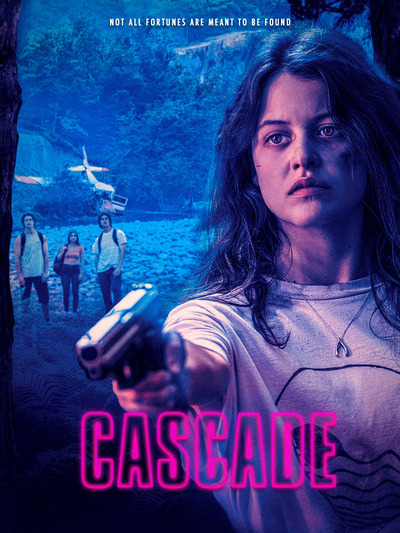 It’s kinda interesting to compare this to
It’s kinda interesting to compare this to 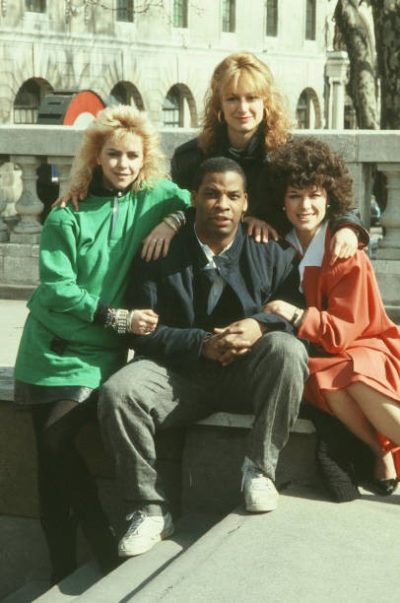
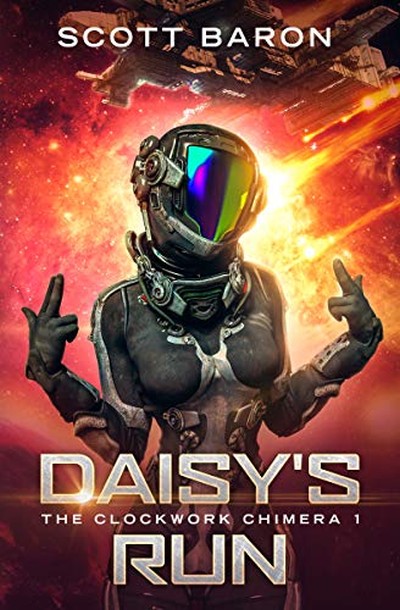 By the time I reached the end of this, what stood out most is how far we had come from the initial scenario. We start way out in deep space, where the crew of the Váli are awoken from their cryo stasis after the ship suffers significant damage as a result of a hull breach. By the end, everything has changed dramatically. The situation back on Earth, the mission of the Váli, and the very nature of the heroine, 25-year-old comms and electronics specialist, Daisy Swathmore, are are all radically different from what they initially seem to be. It’s basically a dramatic arc for the entire human race.
By the time I reached the end of this, what stood out most is how far we had come from the initial scenario. We start way out in deep space, where the crew of the Váli are awoken from their cryo stasis after the ship suffers significant damage as a result of a hull breach. By the end, everything has changed dramatically. The situation back on Earth, the mission of the Váli, and the very nature of the heroine, 25-year-old comms and electronics specialist, Daisy Swathmore, are are all radically different from what they initially seem to be. It’s basically a dramatic arc for the entire human race. This Taiwanese production takes place on an island where women have been separate from men for 23 generations, developing more or less your stereotypical Amazonian society. Men are rejected, male babies tossed out to see to sink or swim (typically the former) and they have build a giant, albeit largely unconvincing, statue of their founding ruler, which fires cannonballs out of its eyes. This is not inappropriate, since the current occupant of the throne, Queen Nadanwa (Yeung). has a harsh line in anti-male rhetoric (“All men are dangerous!”), accompanied by castration. Her subjects dress either in flimsy white robes or shiny battle armour, and engage in gymnastic or circus-related forms of entertainment.
This Taiwanese production takes place on an island where women have been separate from men for 23 generations, developing more or less your stereotypical Amazonian society. Men are rejected, male babies tossed out to see to sink or swim (typically the former) and they have build a giant, albeit largely unconvincing, statue of their founding ruler, which fires cannonballs out of its eyes. This is not inappropriate, since the current occupant of the throne, Queen Nadanwa (Yeung). has a harsh line in anti-male rhetoric (“All men are dangerous!”), accompanied by castration. Her subjects dress either in flimsy white robes or shiny battle armour, and engage in gymnastic or circus-related forms of entertainment. Liane Zane’s Elioud Legacy trilogy, all three books of which I’ve previously reviewed, is supernatural fiction, written by a Roman Catholic author, and premised on the fictional conceit that matings between angelic beings (both fallen and unfallen) and humans have been going on since before the Flood, producing mixed-race offspring who are physically human but have certain heightened physical or even latent supernatural abilities. That trilogy focused on three strong and courageous young women, who when it opened were completely unaware of their angelic genes, and all of whom were both serving in the intelligence services of their various countries, and collaborating with each other on the side in a covert alliance to provide some special protection for the victims of sexual assault and trafficking. The Covert Guardian is the first volume of a projected prequel trilogy, set a few years before the opening of the previously-published one, which will tell the “origin story” of their friendship and alliance. Here, our protagonist is Olivia Markham, the trio’s unofficial ringleader, and we learn how, as a 20-year-old college pre-med student, she unexpectedly came to join the CIA.
Liane Zane’s Elioud Legacy trilogy, all three books of which I’ve previously reviewed, is supernatural fiction, written by a Roman Catholic author, and premised on the fictional conceit that matings between angelic beings (both fallen and unfallen) and humans have been going on since before the Flood, producing mixed-race offspring who are physically human but have certain heightened physical or even latent supernatural abilities. That trilogy focused on three strong and courageous young women, who when it opened were completely unaware of their angelic genes, and all of whom were both serving in the intelligence services of their various countries, and collaborating with each other on the side in a covert alliance to provide some special protection for the victims of sexual assault and trafficking. The Covert Guardian is the first volume of a projected prequel trilogy, set a few years before the opening of the previously-published one, which will tell the “origin story” of their friendship and alliance. Here, our protagonist is Olivia Markham, the trio’s unofficial ringleader, and we learn how, as a 20-year-old college pre-med student, she unexpectedly came to join the CIA.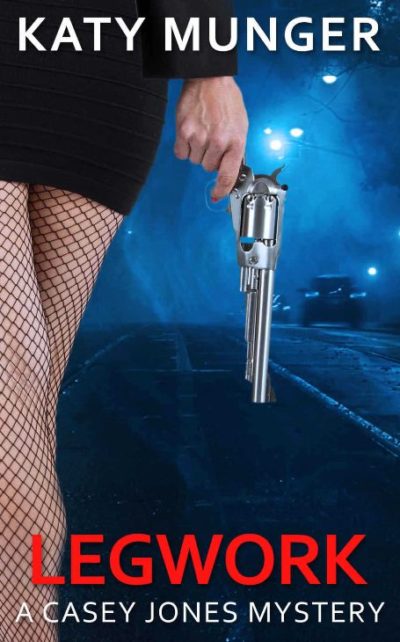 While omnibus editions of series are often a good way to pick up a large volume of content for a discounted price, they do have their downside. Especially for someone like me, who is basically bloody-minded and regards the dreaded Did Not Finish as a badge of failure. So even when a book is not that entertaining, I still find myself slogging on: and when there are three volumes in one, its a process which naturally takes that much longer. I think if I’d had just the one story here, I’d perhaps have looked upon this with a kinder eye. Three was tough, not least because the final story was the longest, occupying a solid forty percent of the set, and is also the least entertaining of the trilogy.
While omnibus editions of series are often a good way to pick up a large volume of content for a discounted price, they do have their downside. Especially for someone like me, who is basically bloody-minded and regards the dreaded Did Not Finish as a badge of failure. So even when a book is not that entertaining, I still find myself slogging on: and when there are three volumes in one, its a process which naturally takes that much longer. I think if I’d had just the one story here, I’d perhaps have looked upon this with a kinder eye. Three was tough, not least because the final story was the longest, occupying a solid forty percent of the set, and is also the least entertaining of the trilogy.
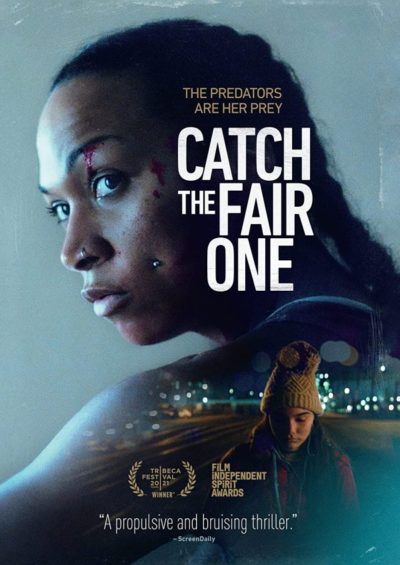 Quite often, in films featuring women who are supposed to be boxers, they simply do not look the part. Safe to say, this is not an issue here. That is apparent from the opening scene, in which Kaylee (Reis) is preparing for a fight. As she warms up with her trainer, the speed and power of her punches is clear, and not cinematic trickery. It’s unsurprising, since Reis is, at time of writing. the current WBA, WBO and IBO light-welterweight world champion. It’s just a shame this movie chooses not to make more use of her undoubted talents in the combat field, and is a tad too earnest to be value as entertainment.
Quite often, in films featuring women who are supposed to be boxers, they simply do not look the part. Safe to say, this is not an issue here. That is apparent from the opening scene, in which Kaylee (Reis) is preparing for a fight. As she warms up with her trainer, the speed and power of her punches is clear, and not cinematic trickery. It’s unsurprising, since Reis is, at time of writing. the current WBA, WBO and IBO light-welterweight world champion. It’s just a shame this movie chooses not to make more use of her undoubted talents in the combat field, and is a tad too earnest to be value as entertainment.